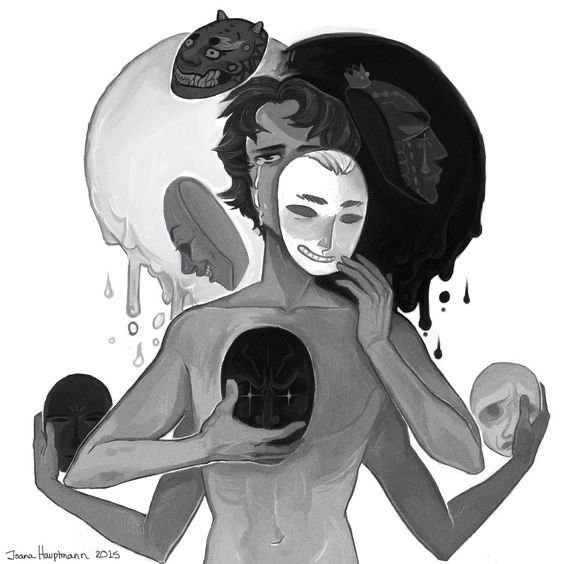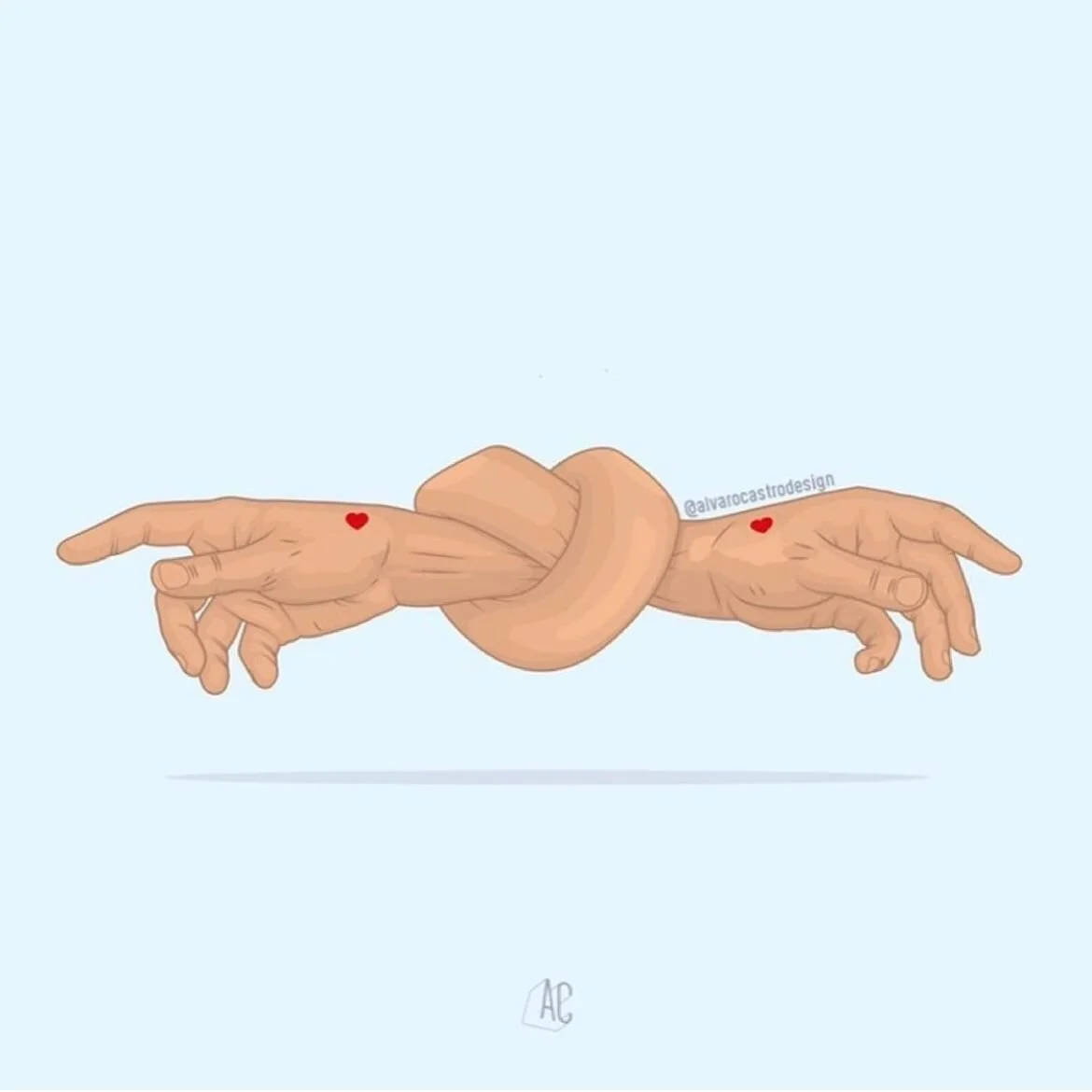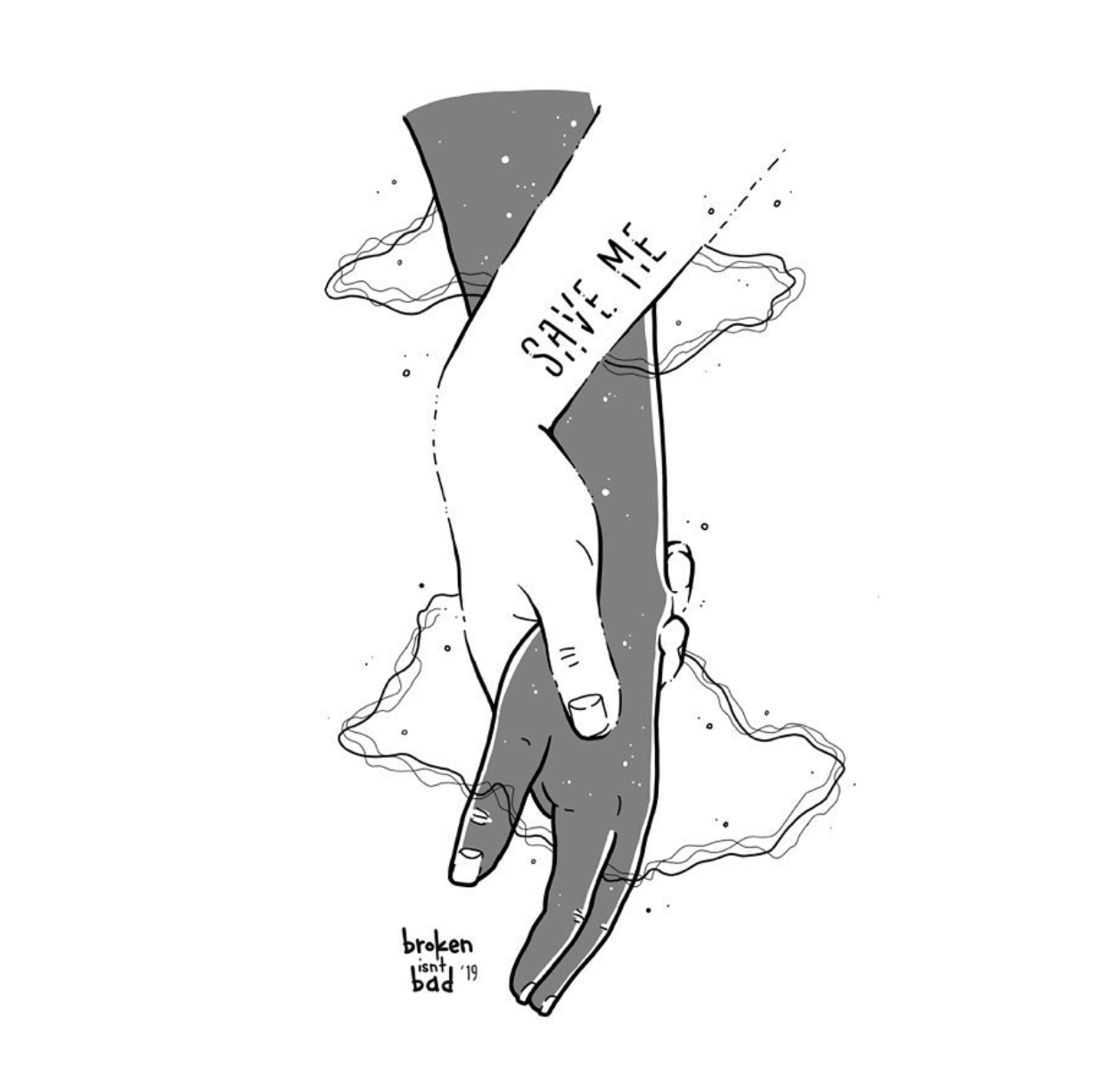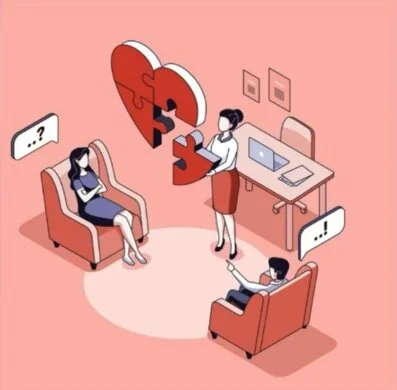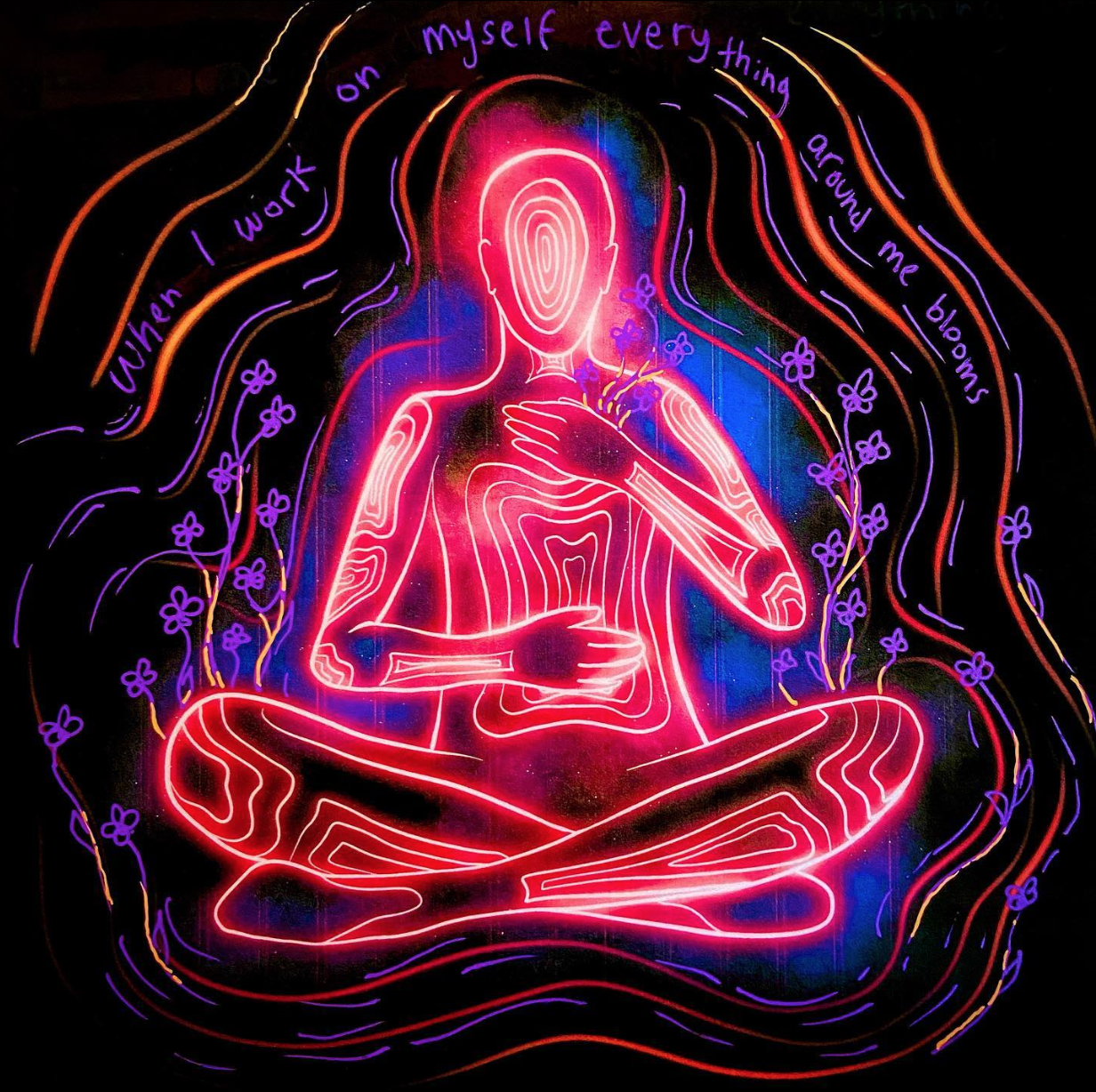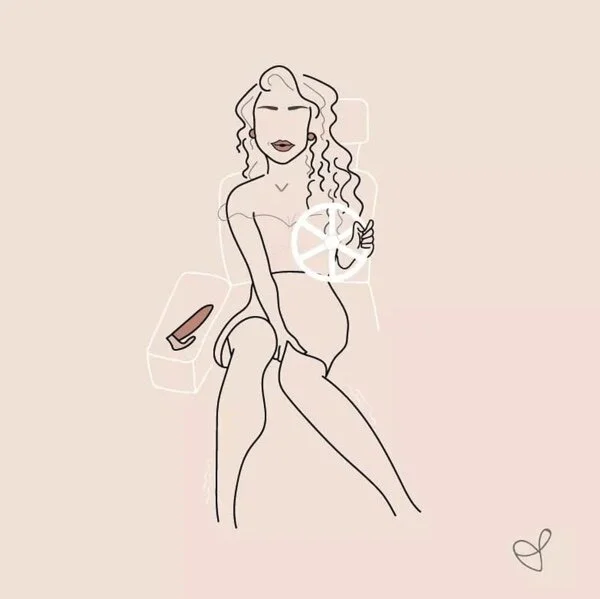The Blues in the Bedroom: Mental Health, Depression and Sex Drive
Illustration by Flash Rosalia (@xfevers)
Years into a global pandemic, with growing uncertainty and a daily barrage of national and global news stories, many of us are battling with depression. This, of course, is layered atop the existing stress of family, work, money, and health. It is this petri dish of depression and anxiety that can lead to a lower sex drive and a disconnection from your sexual energy.
When it is more than just a bad day
Everyone can have a bad day or even a bad week - especially these days. However, when these feelings persist and are prolonged, accompanied by loss of appetite, weight loss or gain, trouble sleeping, difficulty concentrating, low energy levels and loss of sex drive or “libido”, you might be dealing with depression.
When depressed, some crave more physical intimacy and closeness while others desire less sexual or physical connection. Both responses are normal. There is no right way to navigate through the sadness, anxiety, or general discontent which accompanies depression. For those who have lost interest in sexual expression - when it was once closely linked to their self expression - this shift can have a significant impact on their self esteem and their romantic relationships.
“The whole process of sexual arousal starts with the ability to anticipate pleasure, which is lost with depression,” says Frederick K. Goodwin, MD, who serves on the scientific council for the National Alliance for Research on Schizophrenia and Depression. “People who are depressed are locked in the moment of their suffering” and for most of us that’s not where the erotic lives.”
First and foremost, if you believe that you are experiencing depression, it’s imperative you seek professional help. Depression often gets worse when not treated. There are many ways to treat depression from talk therapy to medication to other more experimental options. Whatever it takes, prioritize treating your depression above all else. Unfortunately, some medication used for treating depression can cause a lower libido. This is something you may want to discuss with your psychiatrist.
Along with treating your depression there are ways to navigate both loss of your own sexual appetite or your partner(s)’.
Talk about what you are experiencing and strategize
It isn’t always easy to navigate conversations about sex without someone feeling ashamed, guilty, or embarrassed because they or their partner(s) are grappling with depression. The good news is that talking about it does get easier once you start.
One way to start is simply by naming it. Acknowledging the situation, the impact, and how everyone feels can open the door to a conversation about what you and your partner(s) needs, wants, and believes is available. You can begin to strategize how to meet everyone’s needs while supporting those who are struggling.
If you don’t have a partner, bring it up with your mental health support person - be it your psychiatrist, therapist, or sex coach - to create an honest and empathetic place to share. If you don’t have someone like that, see if you can find support from a trusted friend, family, or member of your social community.
If you are the one experiencing a low libido, check in with yourself to see if there is anything you are up for. Figure out what’s turning you off and or worrying you. Is it that you feel you don’t have the physical energy? Or that you won’t be passionate enough? Do you worry that you won’t be able to take care of the other person during sex? Are you concerned that you may lose interested and want to stop? Try to communicate these concerns with your partner(s) and design an experience that will address your concerns while helping you both feel connected and safe.
If you have a partner who’s experiencing a low sex drive, try not to make it about yourself. Work together to creatively hit a collaborative note to find ways to build intimacy.
Be creative and open minded
See if you can figure out what kind of intimate connection is available. A full on sex session maybe overwhelming but a naked cuddle session with no sexual touch might not only feel good, but may also help towards elevating the depressed person’s mood.
If you have a labido but your partner(s) does not, be creative about how to engage them in your sexual experience. Maybe they can watch you or help you masturbate. Maybe you can spend time cuddling and if you feel aroused, you can masturbate and come back and spend non-sexual time together.
You can watch porn or read erotica together. You can share fantasies or remember past experiences where you’ve had great sexual connection.
Make sure everyone’s boundaries are respected and their desires celebrated, whatever they may be in that moment. Pushing for more than available or expressing disappointment may exacerbate the lower mood and result in disconnection.
Dedicate time for intimacy and touch
Remember that not being sexually involved does not have to mean no physical intimacy - kissing, hugging, cuddling, holding hands - as there are a lot of ways to share physical intimacy without having sex. Even if you don’t feel like sex, set aside time for physical touch and connection.
Lean into the erotic energy rather than the actions if that’s all you can manage. Skin on skin contact and gentle eye gazing will encourage the body to release oxytocin and serotonin both of which are natural mood elevators. Be sure to have conversations about and continue to pay attention to boundaries and desire, and pause if it feels like anyone is participating only for the other person’s pleasure.
You can also create time for intimacy with yourself. Take a long bath or a shower, get cozy and consider self-pleasure. Create time to romance yourself, explore new ways of self touch, explore new stimuli (toys and videos), and make it an experience focused on pleasure.
Keep sex in the conversation
On a recent episode of the Curious Fox Podcast titled Boredom, Sex as a Hobby and The Soap Box, Effy Blue and Jacqueline Misla talked about dedicating time and energy to learn more about sex, experimenting with and practicing what you’ve discovered. Sex can be out of sight out of mind - more so when depression is involved. Reading, learning, sharing about sex may keep you connected to sex even when you are not having sex. Just be sure that these activities are mutually desired, so as not to create a situation where the partner with low libido feels pressured or singled out.
Lean into other relationships
If you are in an open relationship and your relationship construct supports multiple intimate connections, then lean into those relationships for sexual play or emotional support, while remaining emotionally and mentally engaged in this relationship.
Remember that no matter your situation, you are not alone. According to the National Institute of Mental Health an estimated 17.3 million adults in the United States had at least one major depressive episode and over 40% of those report loss of libido.
Seek help. Connect with friends, family, and community. You can feel better with some time, medical support, and curiosity.
Still have questions? Check out the podcast, or find community on Facebook and Instagram. You do not need to figure this out on your own; stay find and connect with a curious community of friends.
To hear more curious and courageous stories, subscribe to Curious Fox for free or find us on Patreon for even more bonus content. Each week you will find more stories and lessons, as well as ways that you can explore your curiosity.




